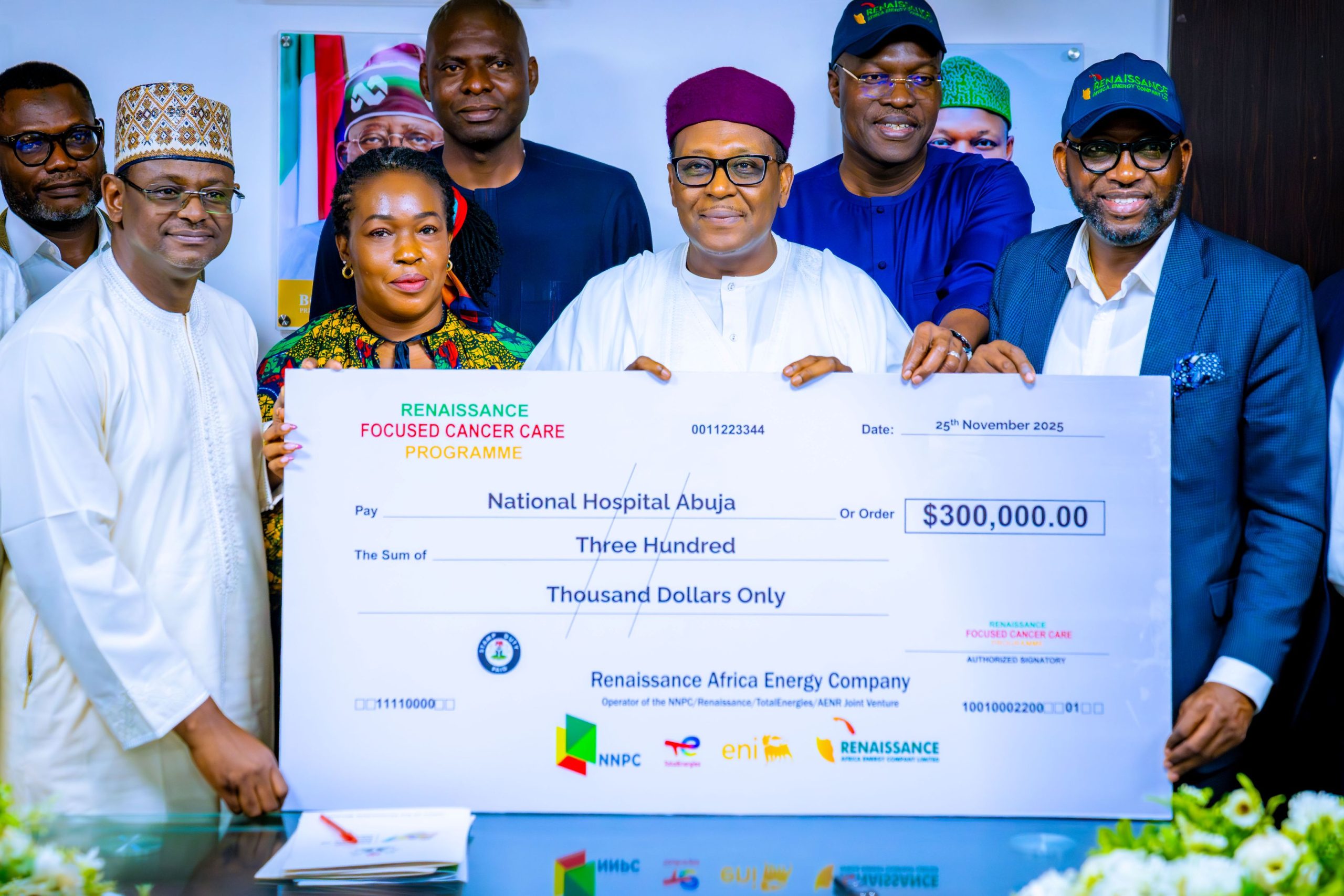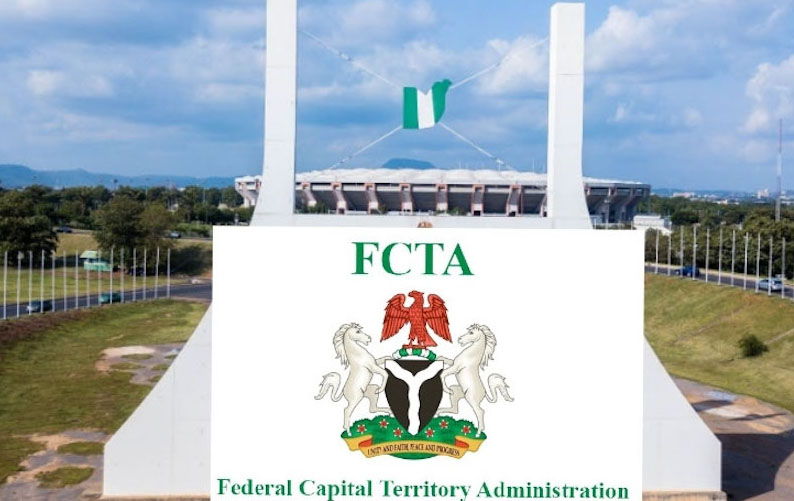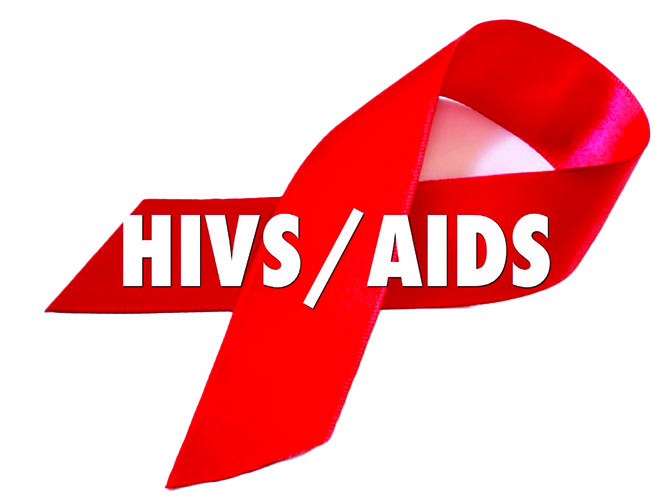Days after the abrupt end of the two weeks #EndSARS protest that rocked Nigeria, Africa’s economic powerhouse is now regaining its momentum despite sliding into a second economic recession in five years under the leadership of President Muhammadu Buhari.
As government officials continue to seethe at the slight of authority by promoters of the protest, supporters of the protest are also counting the gains from demanding an end to police brutality in the country.
According to the Lagos Chamber of Commerce and Industry, an estimated N700bn was lost in economic value by Nigeria but some other economic experts put the loss beyond a trillion Naira.
Days after the protest had gone on peacefully without any fracas, miscreants allegedly backed by government apologists took advantage of Lekki incident to not only set fire to public buildings and infrastructures, some disgruntled elements took advantage of the crisis to loot stores and malls across major cities.
Aside from numerous properties damaged during the carnage that greeted the alleged killing of protesters at the Admiralty Toll Plaza, Lekki, it will be hard to quantify the loss suffered by families, businesses and the country as a whole.
According to the Inspector General of Police, Mohammed Adamu, 73 persons died as a result of the violence among whom were 22 police officers who paid the ultimate price. These statistics were collated between October 11, 2020, when the #EndSARS protest assumed a national dimension and October 27, 2020, days after the protest but different reports claim over 100 lives were lost to the crisis.
After the rampage, 205 critical national security assets, corporate facilities and private property were attacked, burnt or vandalised. An estimated 71 public warehouses and 248 private stores were also looted in 13 states after the largely peaceful protest was hijacked by miscreants. Out of the 36 states in Nigeria, southern states were most hit by the carnage. The states are Lagos, Edo, Delta, Oyo, Kano, Plateau, Osun, Ondo, Ogun, Rivers, Abia, Imo, and Ekiti states, as well as FCT.
A report titled ‘Protests and Business’ by SBM Intelligence, a research and strategic communications firm, states that 91% of business owners in Lagos Island and Oshodi-Isolo, two main trading hubs in Lagos, were badly affected by the protest. 43% of the small businesses surveyed said they lost more than N1 million, 29% lost between N500,000 to N1 million, 14% lost between 150,000 and N500,000 while 14% said they lost less than N150,000.
What are the implications for the country?
1) The unrest may cause investors to lose confidence in Nigeria. Major supermarket franchises like Spar, Shoprite and similar foreign-owned businesses were badly affected.
2) Loss of jobs. Currently, Nigeria has an unemployment rate of 27.1% as of August 2020. Small businesses owners who employ thousands of workers have had to let most of their employees go until a time they can bounce back.
3) The crisis has also deepened the lack of trust in political office holders by the citizenry. The #EndSARS protest widened the gulf between the government and young Nigerians who still feel disgruntled over the way and manner the government has handled the call to end police brutality before the protest.
4) The financial strain on states will also be evident in the coming days when scarce resources will be required to rebuild public assets destroyed by arsonists and miscreants.
5) Businesses with no insurance cover may never return. Though some businesses will rely on their insurance companies to bounce back, not all small businesses are insured.
6) Banks who loaned money to affected businesses will also take some hits as most loans may have to be written off where businesses affected by the crisis do not bounce back.
7) Inflation rate may likely skyrocket as the nation strives to steer away from a looming recession owing to dwindling income of the country. Nigeria’s inflation rate currently stands at 13.71%.
Despite the material and financial losses recorded, it must be stated that the initially peaceful protest recorded some gains. Protest has always been a feature in Nigeria’s history of socio-political struggles even when it is seen as an anomaly by those in authorities. For every civil protest before now, it is either the government is stopping the march before it starts through phoney court injunctions or authorities are quelling it with security operatives after it kicks off.
However, the #EndSARS Protest was different. Not only did some state governments support the peaceful agitation, but a few state and federal lawmakers also stood in solidarity with young Nigerians. Because of the motive and peaceful-nature, the protest also attracted the echelon of Nigeria’s entertainment community who trooped out to different protest locations in the south to lend their voices and support.
For the first time, the epicentre of a protest in Nigeria had chains of organs coordinating finance, refreshments, legal aids, medical services, security among others to ensure the protest was not derailed.
Not known to take swift actions on public matters, the government also took immediate steps to actually ban the Special Anti-Robbery Squad (SARS)unit and immediately set up a new Special Weapons And Tactics (SWAT) unit to replace the rogue SARS unit, with a promise not to integrate officers from the old unit into the new. This sort of action by the government, though still considered suspicious, is unprecedented counts as gain.
The protest, also, has brought in view the enormity of youth unemployment in Nigeria and the need to develop a lasting plan to convert the energy of the country’s growing youth population to something positive that will aid its growth, prosperity and progress.
The #EndSARS protest was intended to draw attention to police brutality and call on the government to put an end to the menace of the now-disbanded dreaded Special Anti-Robbery Squad of the Nigeria Police Force, but what started as one of the best-organised protests in Nigeria’s history went from peaceful to violent after sponsored thugs began attacking protesters in Abuja and later Lagos.
The protest took an ugly dimension shortly after when soldiers drafted to stop protesters at the epicentre of the #EndSARS Rally allegedly shot at unarmed protesters, injuring and killing a yet to be confirmed number. A judicial panel of enquiry is currently sitting to unravel the mystery behind the Lekki shootings and also hear petitions from victims of police brutality. Some state governors have also set up similar panels to address police brutality to find lasting solutions the nation, young Nigerians especially, hope will put an end to all forms of harassment and incessant killings by security operatives.






